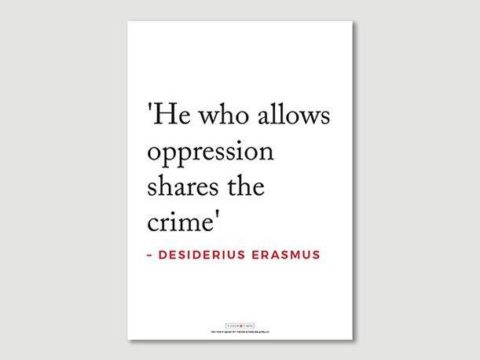The Life and Historical Reputation of Mary Tudor
Chapter 12 : Disappointments
Left alone (though they were briefly reunited in 1557), Mary turned her attention to government and undoing the religious changes of the two preceding reigns. She was a prodigiously hard-working Queen, seldom retiring before midnight and up again at six or earlier. She attended far more Council meetings than Elizabeth ever did and poring over documents may have worsened the problem with her eyes. Historians still dispute where the balance of power lay in England during her reign, some claiming that the Privy Council was too large to wield much influence and that Mary turned more for advice to members of her household – and to Philip.
It is easy, however, to confuse access, which the household undoubtedly had, with influence. Mary listened to no-one when her mind was fixed on something and she consistently resisted her husband’s attempts to persuade her to deal more gently with Elizabeth, though by the beginning of 1558, when a second, and, this time, more desperate belief that she might be pregnant had come and gone, the relationship between the sisters had reached an uneasy equilibrium.
It is for her foreign and religious policies that Mary has come under the most sustained criticism. Mary’s marriage brought England into the seemingly never-ending war between the Habsburgs and the Valois Kings of France. Often described as a terrible error, culminating in the loss of Calais, the last vestige of a once great English empire in France, the war with France was actually welcomed by most of the English nobility. It provided an opportunity for glory and plunder and enhanced English prestige when the French suffered a major defeat at St Quentin in 1557.The loss of Calais may have tarnished this but, even at the time, it was viewed as a mixed blessing.
Calais and the towns that surrounded it were expensive to garrison and no longer the trading hub of earlier times.The town was also a refuge for disreputable and disgruntled people of all beliefs and none. Its status had long been problematic. Mary was naturally distressed by the loss of this last foothold on French soil but there is no contemporary evidence for her having wailed that when she died you would find ‘Calais engraven on my heart.’
Mary I
Family Tree






